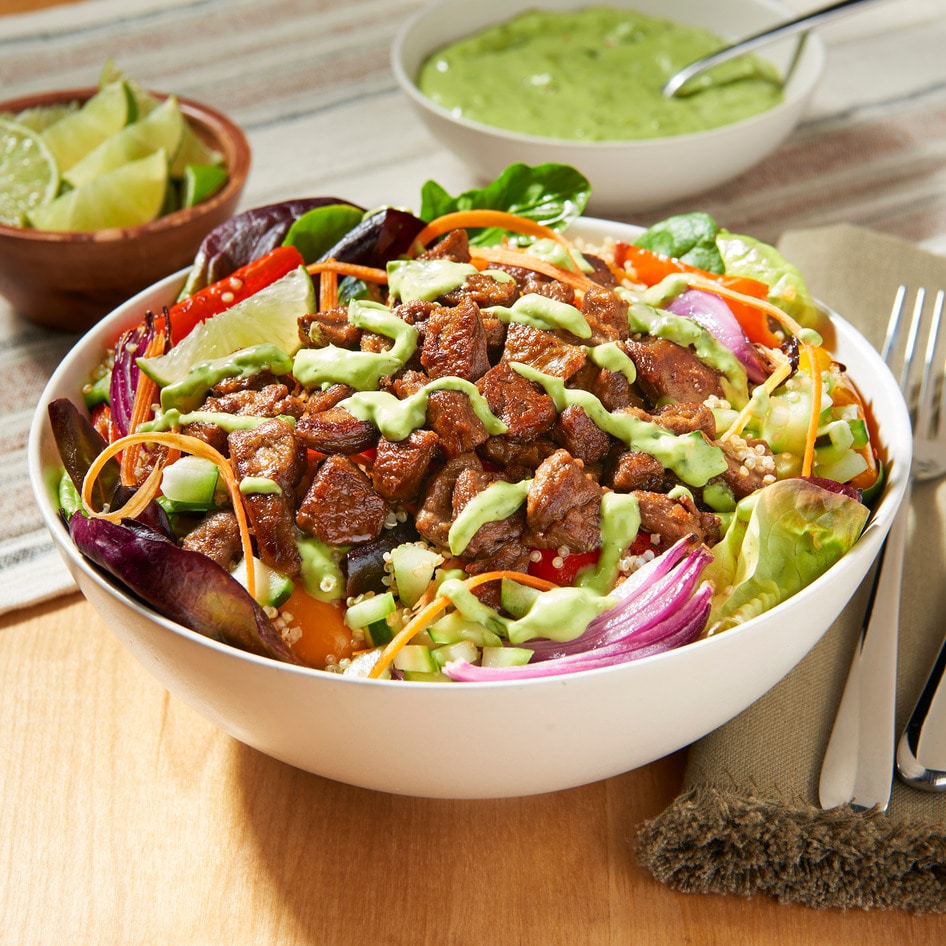New research suggests that eating a plant-based diet could help reduce the amount of uric acid in the blood, which is a common cause of gout. The study analyzed data from more than 7,800 participants and used advanced methods to identify different dietary patterns—particularly plant-based diets and animal-based diets—and their effects on uric acid levels.
Gout is a disorder where pain and inflammation occur when too much uric acid crystallizes and deposits in the joints. Symptoms of gout include severe pain, redness, and swelling in joints, often the big toe. Attacks can come suddenly, often at night.
Previous studies have shown that high intake of protein, lipids, and fructose, along with low intake of glucose, is often found in people with high uric acid levels. For example, a study published in Arthritis & Rheumatology found that protein from chicken and fish may increase the risk of developing gout. For that study, researchers assessed the diets of 63,257 people as part of the Singapore Chinese Health Study and found that those who consumed the most poultry and fish had the most risk, while those who consumed the most soy protein and legumes experienced the lowest risk.
 Adobe
Adobe
In this new study, researchers discovered that consuming carbohydrates and fats was positively associated with uric acid levels, even after considering other factors such as age and gender.
The study also found that plant-based foods such as legumes and fruits were linked to lower uric acid levels, while animal-based foods like meat and fish were associated with higher levels. However, since people do not eat single plant-based or animal-based foods exclusively, it’s important to understand the role of different types of these foods in uric acid levels.
Plant-based diet lowers uric acid levels
The main aim of the study was to explore how different plant-based and animal-based dietary patterns affect uric acid levels.
The study analyzed data from the sixth wave of the China Health and Nutrition Survey. The plant-based diet of 7,806 participants was determined using three consecutive 24-hour dietary recalls, and latent profile analysis was used to identify dietary patterns among participants.
Serum uric acid levels were analyzed using the enzymatic colorimetric method. The association between intakes of different types of dietary pattern and individual serum uric acid levels was analyzed using linear regression analysis, after adjusting for confounding variables.
 Getty
Getty
The researchers identified three plant-based patterns: low tuber starches and vegetable diet; high cereal, tuber starches, and vegetable diet; and high legume and fruit diet. They also identified three animal-based patterns: high milk and egg diet; low egg and fish diet; and high meat and fish diet.
The results showed that the high cereal, tuber starches, and vegetable diet led to lower uric acid levels, while the high meat and fish diet resulted in higher levels.
Overall, this research suggests that following a plant-based diet, specifically one with high cereal, tuber starches, and vegetables, could help decrease uric acid levels. Other diets had no benefit, and uric acid seemed to increase in cases of diets high in milk and eggs.
 Adobe
Adobe
However, more studies are needed to confirm these findings and develop personalized dietary plans to regulate uric acid for individuals with gout.
Plant-based diet helps arthritis
Symptoms similar to gout, such as pain, swelling and stiffness of the joints, are also experienced by people who have rheumatoid arthritis, which is an autoimmune disease. A previous study conducted by Physicians Committee for Responsible Medicine (PCRM) and published in the scientific journal American Journal of Lifestyle Medicine found that a low-fat vegan diet helped ease pain, and reduced joint swelling, caused by rheumatoid arthritis.
“A plant-based diet could be the prescription to alleviate joint pain for millions of people suffering from rheumatoid arthritis,” Neal Barnard, MD, lead author of the study and president of PCRM, said in a statement.
“And all of the side effects, including weight loss and lower cholesterol, are only beneficial.”
These study findings reinforce a growing body of research about the positive effects of a plant-based diet in alleviating arthritis pain. Conversely, research has previously shown that consuming animal products—especially in high amounts as part of a ketogenic diet—has the opposite effect.

Pam Menegakis/Unsplash
A 2018 study conducted at the University of Florida discovered a link between Mycobacterium avium subspecies paratuberculosis (MAP)—a bacteria found in 50 percent of cows in the United States—and the risk of developing rheumatoid arthritis. The study found that 40 percent of its 100 participants who had rheumatoid arthritis were also infected by MAP. Researchers identified that this bacteria was spread by consuming meat, dairy, and products treated with fertilizer from contaminated cows.
For the latest vegan news, read:
JUMP TO ... Latest News | Recipes | Guides | Health | Subscribe









